In light of Russia’s continuing war of aggression against Ukraine, and the reported atrocities committed by Russian armed forces in Ukraine, the Council decided to impose a fifth package of economic and individual sanctions against Russia.
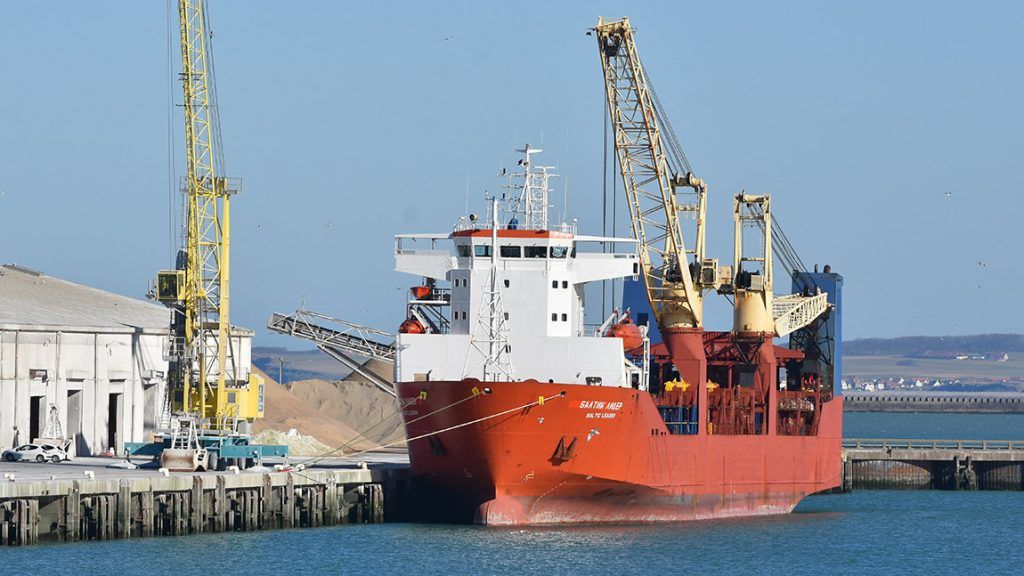
The agreed package includes a series of measures intended to reinforce pressure on the Russian government and economy, and to limit the Kremlin’s resources for the aggression.
The package comprises:
- a prohibition to purchase, import or transfer coal and other solid fossil fuels into the EU if they originate in Russia or are exported from Russia, as from August 2022. Imports of coal into the EU are currently worth EUR 8 billion per year.
- a prohibition to provide access to EU ports to vessels registered under the flag of Russia. Derogations are granted for agricultural and food products, humanitarian aid, and energy.
- a ban on any Russian and Belarusian road transport undertaking preventing them from transporting goods by road within the EU, including in transit. Derogations are nonetheless granted for a number of products, such as pharmaceutical, medical, agricultural and food products, including wheat, and for road transport for humanitarian purposes.
- further export bans, targeting jet fuel and other goods such as quantum computers and advanced semiconductors, high-end electronics, software, sensitive machinery and transportation equipment, and new import bans on products such as: wood, cement, fertilisers, seafood and liquor. The agreed export and import bans only account for EUR 10 billion and EUR 5.5 billion respectively.
- a series of targeted economic measures intended to strengthen existing measures and close loopholes, such as: a general EU ban on participation of Russian companies in public procurement in member states, the exclusion of all financial support to Russian public bodies. an extended prohibition on deposits to crypto-wallets, and on the sale of banknotes and transferrable securities denominated in any official currencies of the EU member states to Russia and Belarus, or to any natural or legal person, entity or body in Russia and Belarus.
Furthermore, the Council decided to sanction companies whose products or technology have played a role in the invasion, key oligarchs and businesspeople, high-ranking Kremlin officials, proponents of disinformation and information manipulation, systematically spreading the Kremlin’s narrative on Russia’s war aggression in Ukraine, as well as family members of already sanctioned individuals, in order to make sure that EU sanctions are not circumvented.
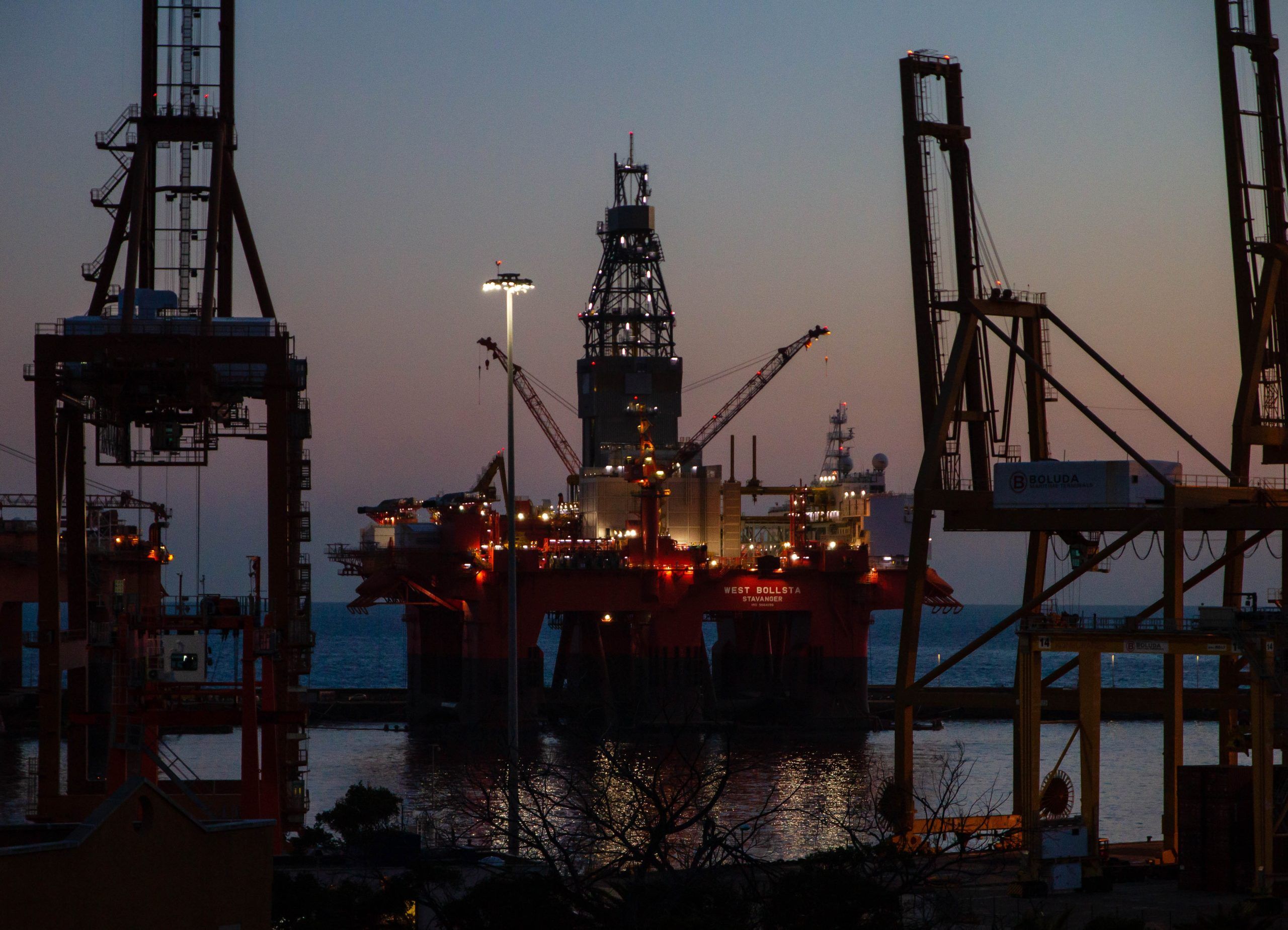
MEPs demand full embargo on Russian imports of oil, coal, nuclear fuel and gas
|
Moreover a full transaction ban is imposed on four key Russian banks representing 23% of market share in the Russian banking sector. After being de-SWIFTed these banks will now be subject to an asset freeze, thereby being completely cut off from EU markets.
In its conclusions of 24 March 2022, the European Council stated that the Union remains ready to close loopholes and target actual and possible circumvention of the restrictive measures already adopted, as well as to move quickly with further coordinated robust sanctions on Russia and Belarus to effectively thwart Russian abilities to continue the aggression.
More information: European Council – Press release
European Commission welcomes the agreement reached by the Council
The European Commission welcomes this agreement by the Council to adopt a fifth package of restrictive measures against Putin’s regime in response to its brutal aggression against Ukraine and its people. Together with the four previous packages, these sanctions will further contribute to ramping up economic pressure on the Kremlin and cripple its ability to finance its invasion of Ukraine. These measures are broader and sharper, so that they cut even deeper into the Russian economy. They have been coordinated with international partners.
The Commission and the EEAS are working on additional proposals for possible sanctions, including on oil imports, and are reflecting on some of the ideas presented by Member States, such as taxes or specific payments channels, such as an escrow account. Beyond sanctions, the EU has made it clear that reducing our dependence on energy imports from Russia is an urgent imperative. The Commission announced in its REPower Communication of 8 March a strategy to reduce dependence on Russian fossil fuels as soon as possible and work has started to implement this plan.
More information: European Commission – Press release

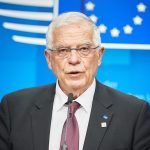
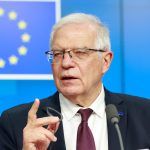

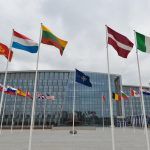
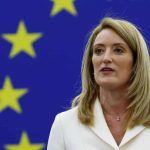
Leave a Reply